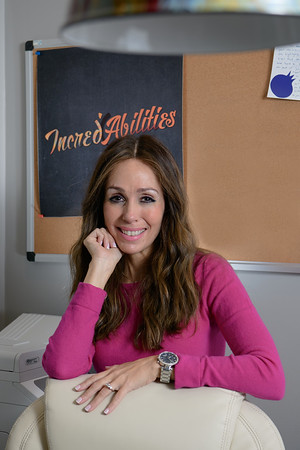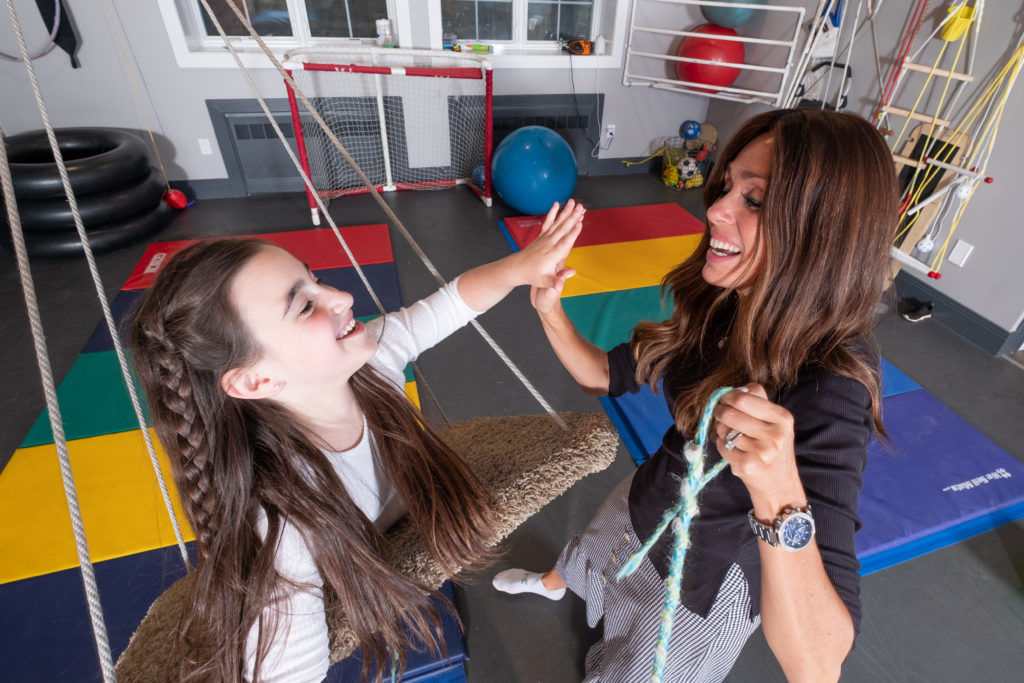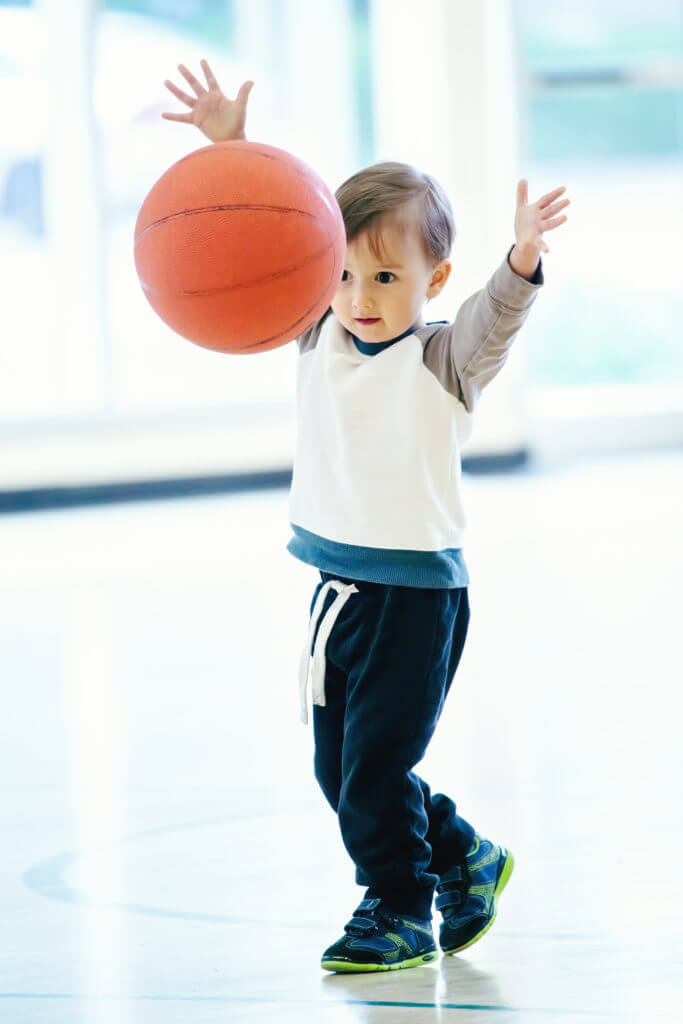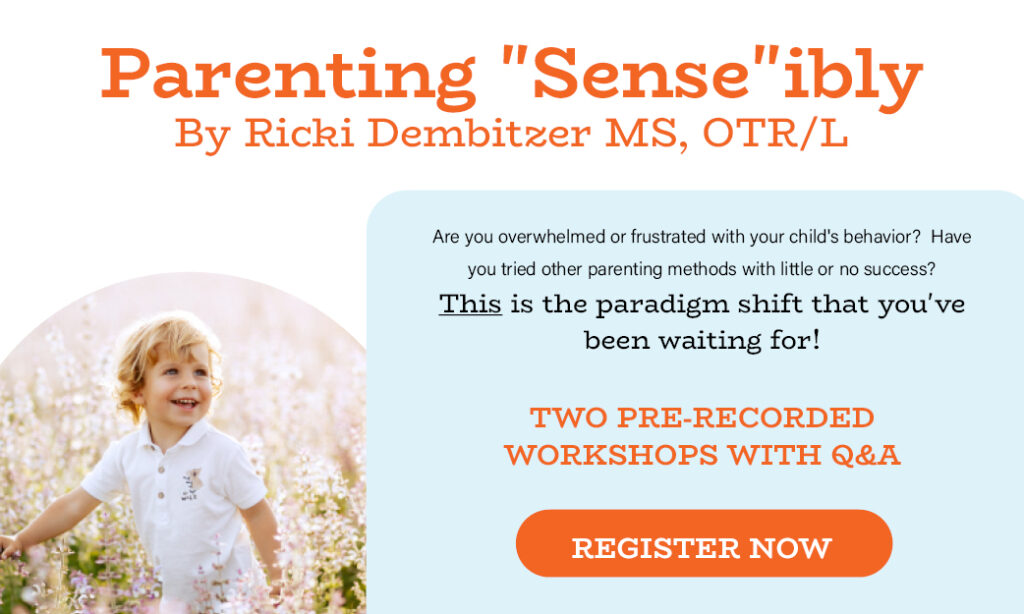
Attention therapist, parents and teachers!
Choosing the right therapist for your child can be worrying or even stressful. You want to push your child enough so they achieve their goals, but you also want therapy to be a positive experience for them. Getting the right balance is crucial to your child’s success!
Whether it’s navigating challenges in and out of the home setting, learning a new skill, becoming more successful at school, or providing the right type of treatment for a new diagnosis, our approach looks at every aspect of the individual. We take a “whole child” neurodevelopmental approach, which means every child gets exactly the right treatment they need to thrive.
From your first contact with IncredAbilities, you’ll feel listened to and understood. Our goal is to go beyond therapy to provide a safe space where everyone feels comfortable, heard and valued.
At IncredAbilities, we’ll be more than your therapist. We’ll be your champion, and your confidante.
Our whole-person approach means we work closely with the whole family to understand the unique challenges that each child displays within the context of their daily environment and put solutions together.
-Ricki Dembitzer
Occupational Therapist & IncredAbilities Founder

What challenges can we help with?
Children come to us struggling with a wide range of challenges related to academic, social, behavioral or physical difficulties. Thankfully, our expertise and genuine passion for helping people means we can skillfully tailor a range of treatment options and methods to solve a wide range of struggles. Below you will find a summary of what types of challenges we see and what we can offer. We are happy to speak with you over the phone to provide more information and answer any questions you may have.

We see children who need support in the following areas:
- Sensory processing disorder
- Developmental delays
- Various childhood syndromes/diagnoses
- Visual problems and reading difficulties
- Tantrums and irritability
- Academic difficulties
- Hyperactivity
- ADHD or attentional issues
- Coordination and sports related skills (praxis)
- Bedwetting
- General weakness and Strengthening
- Fine motor coordination / dexterity
- Handwriting difficulties
- Difficulties with transitions
- Poor motor skills
- Gross motor delays
- Behavioral issues
- Auditory processing disorder
- Anxiety
How to get Started

Step One: Call and Schedule an Evaluation
Scheduling an evaluation is as easy as calling our office, answering a few questions over the phone, and finding a date and time that work for you to come in and see us.

Step Two: Come in for a Thorough Evaluation
All of our new clients go through an evaluation personally conducted by our Founder, Ricki. In addition to her clinical expertise and observation of your child, Ricki uses a host of standardized tests and tools to ensure that every evaluation she conducts is both thorough and accurate. You will also be asked to fill out an extensive parent questionnaire.

Step Three: Discussion of Evaluation Outcomes and Treatment Options
Ricki will personally call you to discuss the outcome of the evaluation, what treatments would be most helpful to your child, and how best to move forward. In addition, this provides an additional opportunity to discuss pertinent information that would be better discussed privately and not with the child present. If the evaluation brings to our attention any needs that are outside of our area of treatment, we are always very happy to make any appropriate referrals.

Step Four: Creation of a Treatment Plan
Once an approach has been decided on, you’ll receive a treatment plan that contains a therapy schedule based on your unique goals. Throughout the treatment process we will continue to collaborate and communicate with you about your child’s progress. We believe that a team approach is always best, and want to partner with you to help your child get the most out of their treatment. We also frequently communicate with any other professionals who are working with your child, such as their teachers, to make it possible for there to be a team approach to helping your child succeed.


